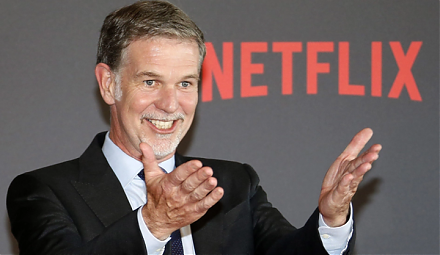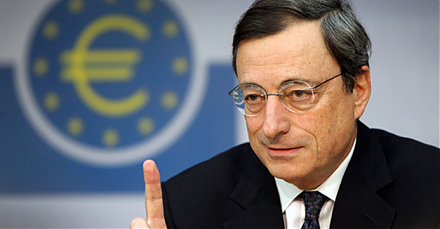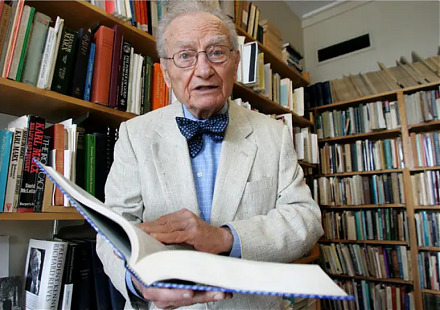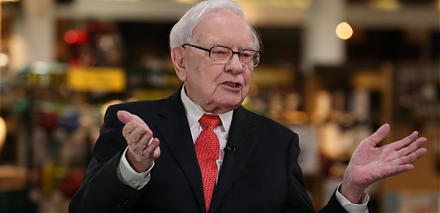

2018-02-11 07:30:00 Sun ET
technology social safety nets education infrastructure health insurance health care medical care medication vaccine social security pension deposit insurance
President Trump unveils his ambitious $1.5 trillion public infrastructure plan. Trump proposes offering $100 billion in federal incentives to encourage states and cities to invest in roads, bridges, highways, railways, and water utilities etc. The federal incentives help spur $1.5 trillion infrastructure expenditures over the next decade. Transportation Secretary Elaine Chao indicates to the House Transportation and Infrastructure Committee that the Trump team seeks to work with Congress to find bipartisan solutions. All options are on the table, and the Trump administration is open to considering all revenue sources.
This plan calls for allocating at least $200 billion in initial federal funds to encourage states, cities, and the private sector to spur $1.5 trillion infrastructure expenditures over the next decade. Also, this plan would reduce the amount of time for issuing onsite construction permits for infrastructure projects to 2 years.
Since his presidential election victory, Trump has thus far focused on bilateral trade, healthcare, immigration, gun control, and other socioeconomic issues. There may or may not be enough time for passing an infrastructure bill in late-2018.
U.S. lawmakers may need to act fast during a lame-duck interim session after the November 2018 midterm elections.
If any of our AYA Analytica financial health memos (FHM), blog posts, ebooks, newsletters, and notifications etc, or any other form of online content curation, involves potential copyright concerns, please feel free to contact us at service@ayafintech.network so that we can remove relevant content in response to any such request within a reasonable time frame.
2019-01-25 13:34:00 Friday ET

Netflix raises its prices by 13% to 18% for U.S. subscribers. The immediate stock market price soars 6.5% as a result of this upward price adjustment. The b
2019-07-01 12:35:00 Monday ET

Apple releases the new iOS 13 smartphone features. These features include Dark Mode, Audio Share, Memoji, better privacy protection, smart photo collection,
2018-03-11 08:27:00 Sunday ET

At 89 years old, Hong Kong billionaire Li Ka-Shing announces his retirement in March 2018. With a personal net worth of $35 billion, Li has an incredible ra
2017-11-25 06:34:00 Saturday ET

Mario Draghi, President of the European Central Bank, heads the international committee of financial supervisors and has declared their landmark agreement o
2023-05-14 12:31:00 Sunday ET

Paul Samuelson defines the mathematical evolution of economic price theory and thereby influences many economists in business cycle theory and macro asset m
2019-04-05 08:25:00 Friday ET

Warren Buffett places his $58 billion stock bets on Apple, American Express, and Goldman Sachs. Berkshire Hathaway owns $18 billion equity stakes in America